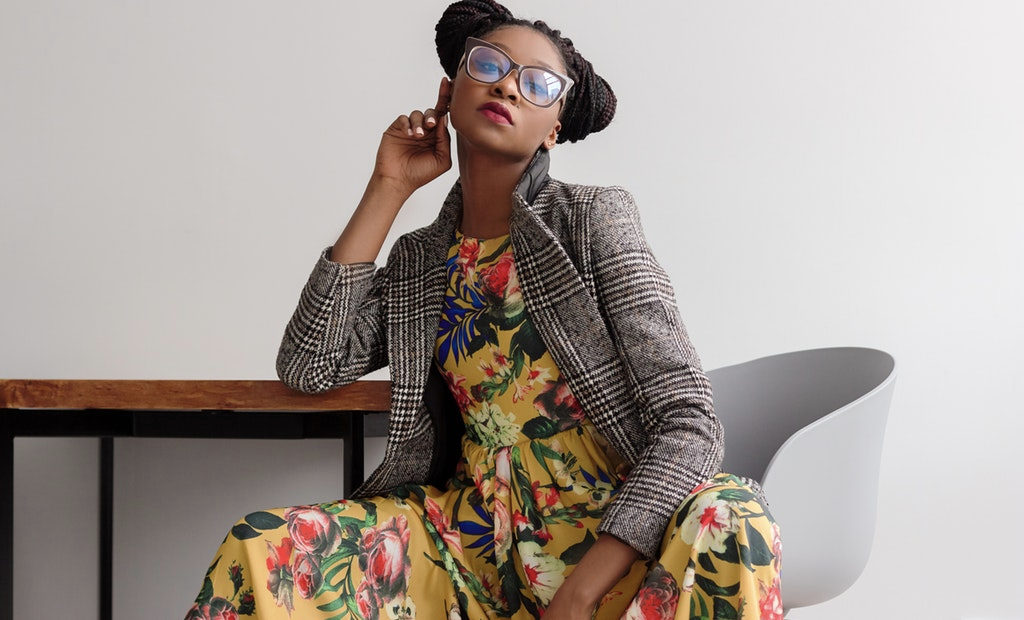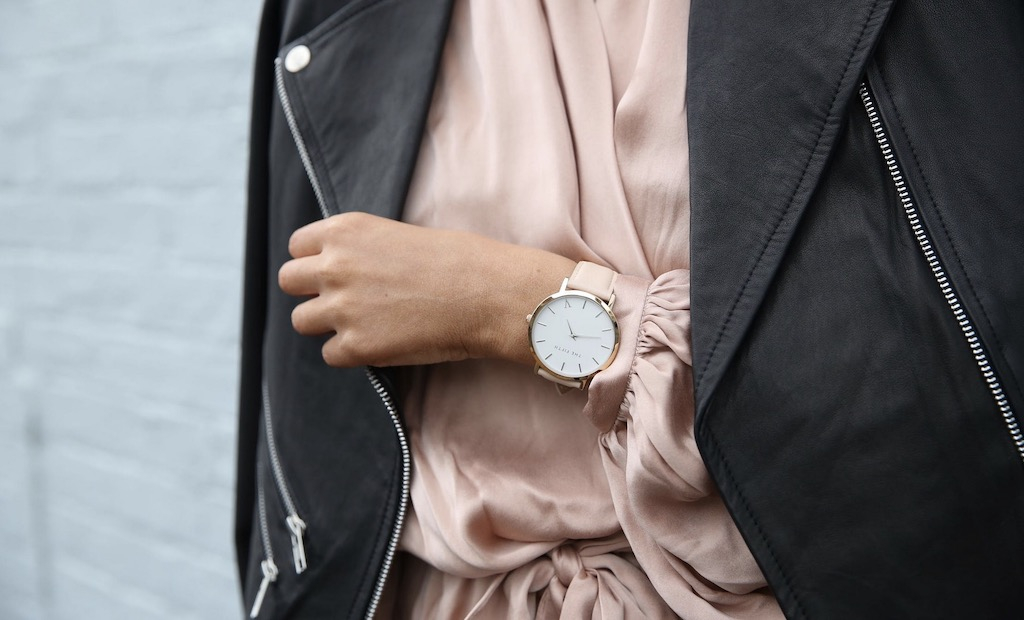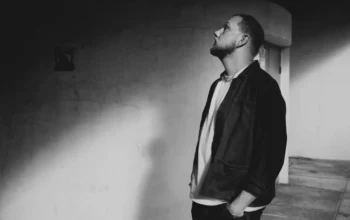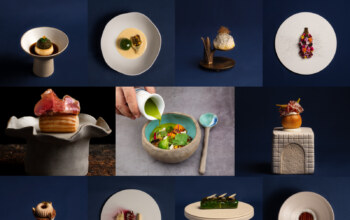Bridging creativity and technology in today’s fashion industry

Fashion has always been a mix of vision and craft. Designers tell stories through colors, fabrics, and shapes. These stories capture moods, cultures, and dreams. In the past, creativity alone guided the process. Today, things look very different. Technology has stepped into the picture and changed how ideas turn into real collections. It has added speed, clarity, and new ways to connect with people. Tools like clothing inventory software play a key role in keeping everything organised. The marriage of style and technology is now at the center of fashion’s evolution.
The role of tech in creative flow
Creativity thrives when it has room to grow. Tech tools do not take that away. They make it easier to focus on ideas without getting lost in clutter. Designers can now test sketches, play with digital patterns, and share updates in minutes. Teams in different parts of the world can collaborate in real time. They can swap files, edit designs, and send feedback in one space. This level of support helps free up energy for creative thinking. Instead of slowing things down, technology gives creative people more breathing room.
Managing chaos with smart systems
Every design journey comes with a long list of tasks. Fabrics must be ordered. Samples need tracking. Production needs timelines. Stock must be counted and controlled. Without structure, the chaos can overwhelm even the best team. That is why smart systems matter so much. Clothing inventory software creates order in a process that often feels messy. It reduces errors. It stops shortages before they happen. It prevents waste by keeping track of every piece. With order in place, creative teams get to focus on ideas instead of chasing after details.
Blending craft and data
Fashion is emotional. A color can spark a memory. A texture can stir feelings. People buy clothing because it says something about who they are. But the industry also runs on data. Numbers reveal what styles people prefer. They show which regions buy certain fabrics. They highlight what designs stay popular over time. Brands can now track all this through modern systems. Designers get to balance instinct with insight. They trust their vision but also rely on real information. This blend of craft and data creates stronger collections that reach people more directly.
Speeding up the market
Trends move fast and vanish quickly. A design that looks fresh today can feel old tomorrow. Brands need to react fast if they want to stay ahead. Technology makes that possible. Digital modeling shortens sample time. Virtual showrooms let buyers and sellers connect without long travel schedules. Smart stock systems make sure products are ready for the right season. These tools keep the pace steady and focused. Instead of chasing deadlines, teams get to shape them. Creativity becomes more agile when backed by technology. Speed and vision together keep brands relevant.
Building sustainable practices
Sustainability is no longer a side topic in fashion. It has become a key part of the conversation. Customers demand it. Brands need it. The challenge is in making it real without slowing down the process. Tech solutions help here too. Systems monitor how much fabric gets used. They reduce leftover stock by predicting needs. They allow designers to test new ideas digitally before cutting cloth. This reduces waste in big ways. It also shows care for both the craft and the planet. Smart tools give fashion a chance to balance beauty with responsibility.
Connecting brands and shoppers
Fashion is not just about making clothes. It is also about building connections with people. Technology changes how these connections take shape. Online platforms put collections in front of a global audience. Social media lets customers share instant feedback. Virtual try-ons allow shoppers to see outfits in their own space. These tools remove distance between maker and buyer. Shoppers feel closer to the process. They see the work behind each piece. This kind of bond builds loyalty and trust. It also makes fashion feel more personal than ever before.
A future shaped by balance
Fashion’s heart will always be about expression. That will never change. What has changed is the way ideas move from dream to reality. Technology now provides the structure, speed, and insight that the modern world demands. Creativity still fuels meaning and vision. Together, they form a balance that keeps fashion alive and moving forward. The brands that embrace both sides will stay strong in a shifting market. The future of fashion is not about choosing between art or tech. It is about blending both to create something even greater.
The editorial unit


























Facebook
Twitter
Instagram
YouTube
RSS